PLATINUM LABWARE
- Home
- Platinum Labware
Common Metals for Labware
- 100% Platinum (Pt)
- 95% Platinum 5% Gold (Pt/Au)
- 100% Platinum (Pt)
- 95% Platinum 5% Gold (Pt/Au)
Metals which are to be used for laboratory apparatus need to have the following characteristics:
- High-temperature strength
- High melting point
- Ductility
- Corrosion resistance
- Oxidation resistance
- High-temperature strength
- High melting point
- Ductility
- Corrosion resistance
- Oxidation resistance
Our Products
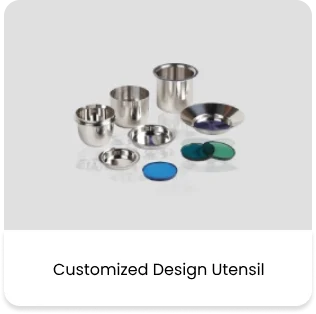
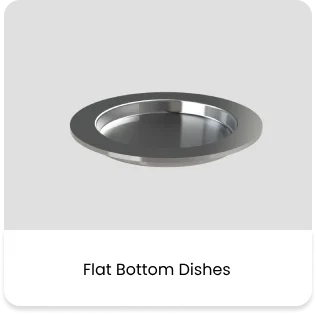
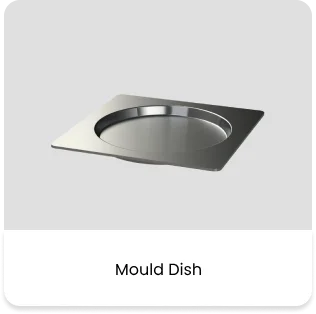
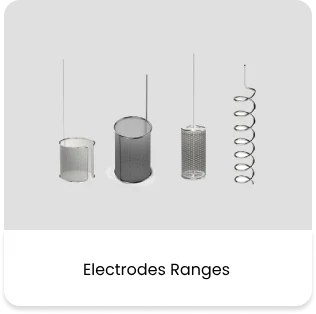
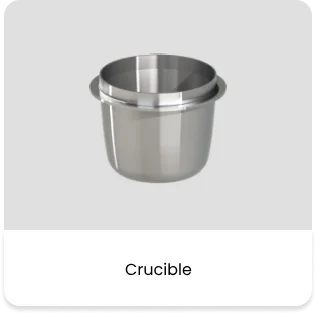
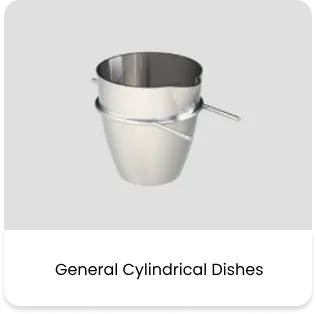
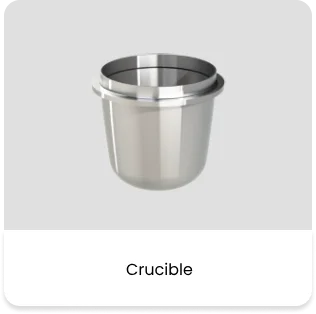
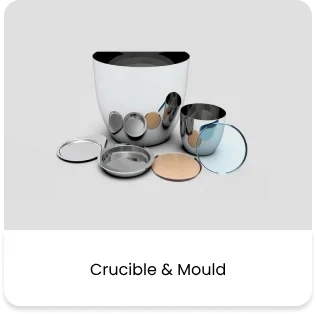
Platinum
Is the best known and least rare of the platinum group metals. Its high melting point, 1773 degrees Celsius,
…
ductility and excellent resistance to chemical attack by acids makes it very suitable for laboratory ware.
Platinum 10% Rhodium
This alloy has a melting point of 1850 degrees Celsius, it has greater hardness and higher strength … than other platinum alloys. It is capable of maintaining its shape under the hottest furnace conditions.
Platinum 5% Gold
Universally accepted material of choice for crucible and casting moulds for spectrographic analysis
…
by x-ray fluorescence (XRF). This alloy has higher temperature strength than pure platinum and has a “non-wetting” property, which results in easy removal of the sample after fusion and allows for many reproducible assays.
